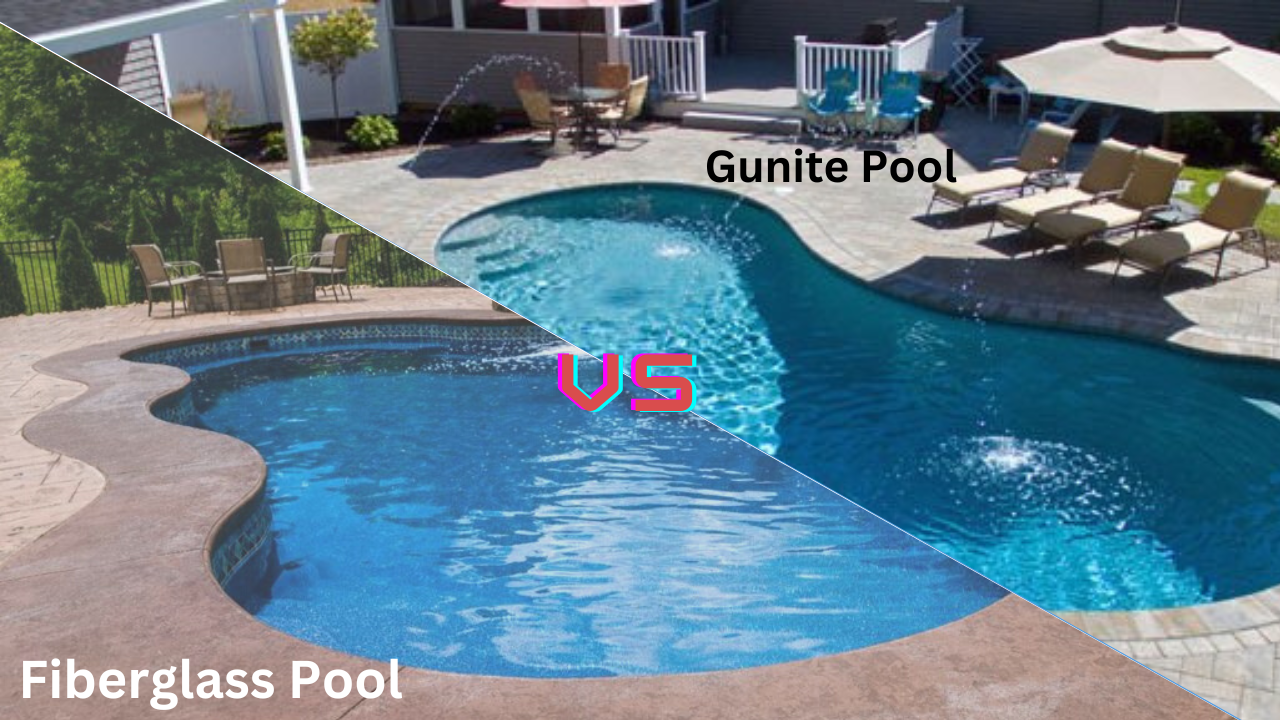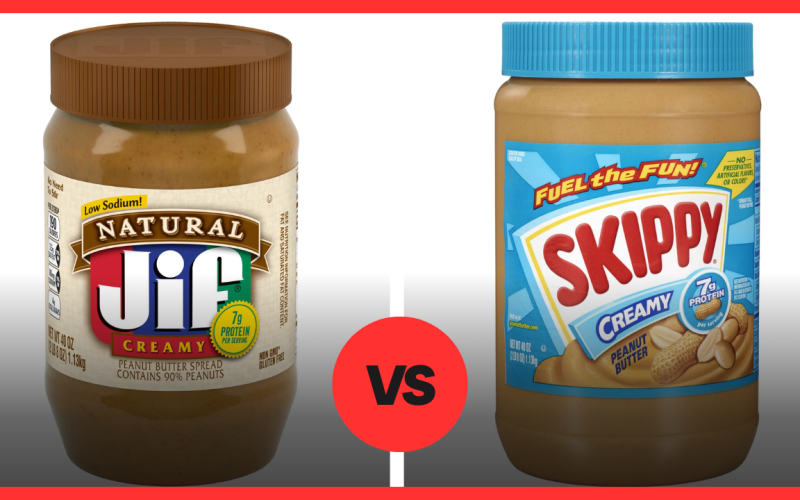When it comes to designing a swimming pool for your home, there are many options to consider. Two of the most popular choices are fiberglass and gunite pools. Both offer a variety of benefits and drawbacks, making it important to carefully weigh your options before making a decision. In this article, we will compare fiberglass pool vs gunite in terms of cost, installation process, maintenance and durability, and aesthetics, to help you make the best choice for your home.
Cost Comparison
One of the most important factors to consider when choosing a swimming pool is the cost. Fiberglass pools are generally less expensive than gunite pools. The average cost of a fiberglass pool is around $45,000, while a gunite pool can cost anywhere from $50,000 to $100,000 or more.

There are a few reasons why fiberglass pools are typically less expensive than gunite pools. First, fiberglass pools are pre-molded and shipped to the site, so there is less labor involved in the installation process. Additionally, gunite pools require more concrete and steel reinforcements than fiberglass pools, which can drive up the cost.
While fiberglass pools may be less expensive initially, it’s important to keep in mind that they may require more maintenance over time. This is because fiberglass can become damaged over time and may need to be repaired or replaced.
Installation Process
The installation process is another important factor to consider when choosing between fiberglass and gunite pools. Fiberglass pools are typically faster and easier to install than gunite pools. Because they are pre-molded, they can be delivered to the site and installed in just a few days. In contrast, gunite pools require a longer installation process, which can take anywhere from several weeks to several months.
The installation process for a gunite pool involves digging a hole and then using steel reinforcements to create a frame for the pool. Once the frame is in place, the pool is sprayed with a mixture of concrete and sand, which is then shaped and smoothed to create the pool’s shape.
While fiberglass pools are easier to install, it’s important to make sure that your yard is accessible for the delivery of the pool. If your yard has limited access, you may need to choose a gunite pool instead.
Maintenance and Durability
The maintenance and durability of a pool are also important factors to consider when making a choice between fiberglass and gunite. Fiberglass pools are known for being low-maintenance, as they are less likely to develop cracks or leaks than gunite pools. Additionally, fiberglass pools are less likely to develop algae or bacteria growth, which can be a problem in gunite pools.
However, if a fiberglass pool does become damaged, it can be more difficult and expensive to repair than a gunite pool. This is because fiberglass pools are made from a single molded piece, which means that any repairs may require the replacement of the entire pool.
In contrast, gunite pools are more durable and can last for many years with proper maintenance. While they may require more maintenance than fiberglass pools, they can also be repaired more easily and at a lower cost.
Aesthetics
The appearance and customization options of a pool are also important considerations. Fiberglass pools are available in a variety of shapes and sizes, and they can be customized with a variety of features, such as built-in waterfalls, steps, and lighting. Additionally, fiberglass pools have a smooth and glossy finish, which can make them more aesthetically pleasing than gunite pools.
However, gunite pools offer even more customization options, as they can be designed in any shape or size. Additionally, gunite pools can be finished with a variety of materials, such as tiles, plaster, or pebble, which can create a unique and personalized look.
Furthermore, gunite pools offer more flexibility in terms of design and can accommodate features that may not be possible with fiberglass pools. For example, a gunite pool can be designed with a vanishing edge, which creates the illusion of water flowing over the edge of the pool, or with a beach entry, which gradually slopes into the water.
Video: Fiberglass vs. Gunite Pools: Which One Really is Better?
FAQ: Fiberglass Pool vs Gunite
What’s the difference between a fiberglass pool and a gunite pool?
What are the cons of a gunite pool?
What are the cons of a fiberglass pool?
Conclusion
In general, both fiberglass and gunite pools offer unique benefits and drawbacks. Fiberglass pools are less expensive and easier to install, require less maintenance, and have a smooth and glossy finish. Gunite pools, on the other hand, offer more flexibility in terms of design and customization options, are more durable and can be repaired more easily.
When deciding which type of pool to choose, it’s important to consider your budget, timeline, and personal preferences. If you’re looking for a low-maintenance pool that is easy to install and has a smooth finish, a fiberglass pool may be the best choice for you. If you’re looking for a more customizable and durable pool that can accommodate unique features, a gunite pool may be a better option.
Ultimately, the decision between a fiberglass pool and a gunite pool depends on your specific needs and preferences. By carefully considering the factors outlined in this article, you can make an informed decision and choose the pool that will best suit your home and your lifestyle.












